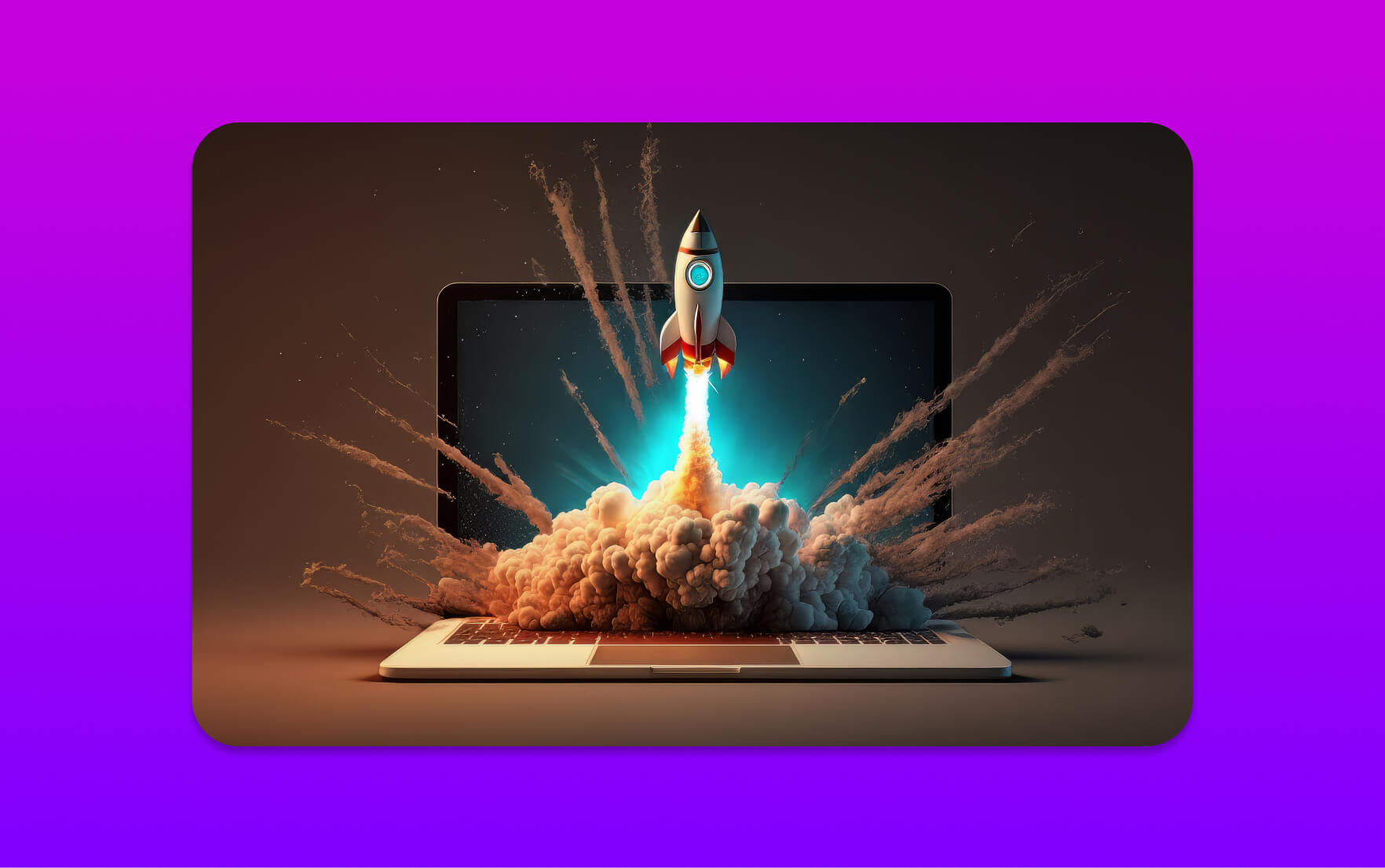Artificial Intelligence (AI) is revolutionizing the way search engines rank websites and how businesses optimize their online presence. From automated content creation to advanced data analysis, AI is significantly influencing search engine optimization (SEO) strategies. In this article, we’ll explore the impact of AI on SEO, the tools available, and how businesses can adapt to stay ahead.
The Role of AI in SEO
AI is reshaping SEO by improving search engine algorithms, enhancing user experience, and providing more accurate search results. Google’s AI-driven algorithm updates, such as RankBrain and BERT, are designed to understand search intent better and deliver more relevant content. These advancements make it crucial for businesses to focus on high-quality, user-focused content rather than keyword stuffing.
Key Ways AI is Transforming SEO
1. AI-Powered Search Algorithms
Search engines like Google and Bing use AI to refine how they index and rank web pages. AI-driven updates prioritize:
- User intent over exact-match keywords.
- Natural language processing (NLP) to understand context.
- Personalized search results based on user behavior.
2. Automated Content Generation
AI-powered tools like GPT-4 and Jasper AI can generate high-quality, engaging content. While AI-generated content still requires human oversight, it helps businesses create optimized blog posts, product descriptions, and meta descriptions faster than ever before.
3. Voice Search & Conversational AI
With the rise of voice assistants like Siri, Alexa, and Google Assistant, AI is driving the shift toward voice search. Optimizing for voice search requires:
- Using natural, conversational language.
- Targeting long-tail keywords and question-based queries.
- Structuring content for featured snippets.
4. AI-Driven SEO Tools
AI-powered SEO tools help businesses analyze data and optimize content efficiently. Popular AI SEO tools include:
- Surfer SEO – Analyzes top-ranking pages and suggests optimizations.
- SEMrush – Uses AI for keyword research and competitive analysis.
- Clearscope – Helps optimize content with NLP-driven insights.
5. Predictive Analytics & Data-Driven Insights
AI can analyze vast amounts of search data to predict trends and user behavior. This allows businesses to:
- Identify emerging keywords before competitors.
- Optimize website performance based on AI-driven insights.
- Improve conversion rates through data-backed decisions.
6. Chatbots & AI-Powered Customer Support
AI-driven chatbots enhance user engagement by providing instant responses and personalized recommendations. This improves dwell time and reduces bounce rates—both of which are key SEO factors.
How Businesses Can Adapt to AI in SEO
- Focus on User Intent – AI prioritizes content that answers user queries effectively. Ensure your content is valuable, engaging, and relevant.
- Leverage AI Tools – Use AI-driven tools for keyword research, content creation, and SEO analysis to stay competitive.
- Optimize for Voice Search – Structure content with natural language and target long-tail, conversational keywords.
- Enhance Technical SEO – AI can detect website performance issues. Ensure fast page speeds, mobile-friendliness, and proper site indexing.
- Improve User Experience (UX) – AI factors in user engagement metrics, so focus on site design, navigation, and interactivity.
The Future of AI in SEO
AI will continue to refine search algorithms, making SEO more dynamic than ever. Businesses that embrace AI-driven tools and adapt to evolving trends will have a competitive edge in digital marketing.
Are you ready for the AI-driven SEO revolution? By leveraging AI intelligently, businesses can enhance their search rankings, improve user experience, and drive sustainable organic growth.

